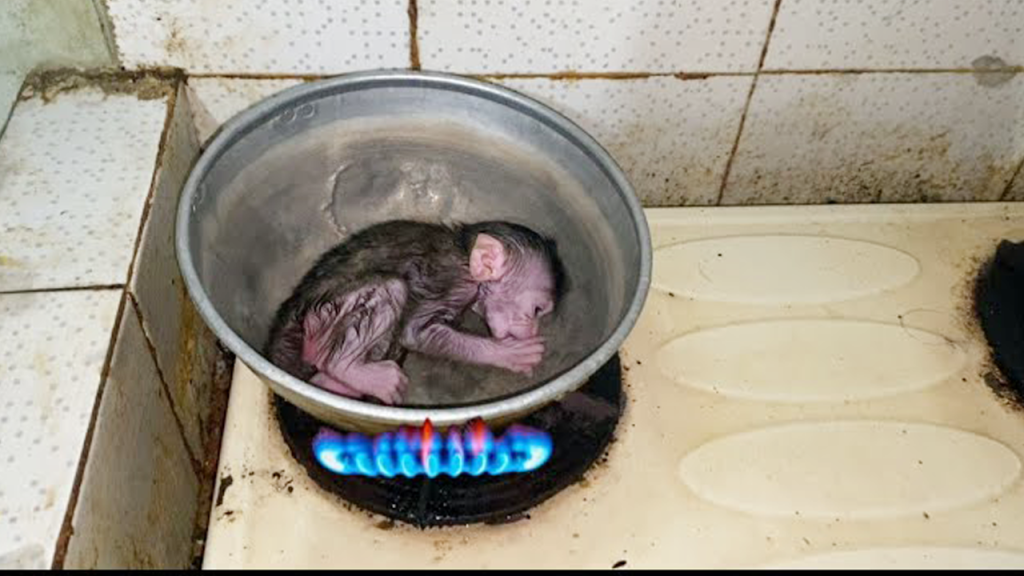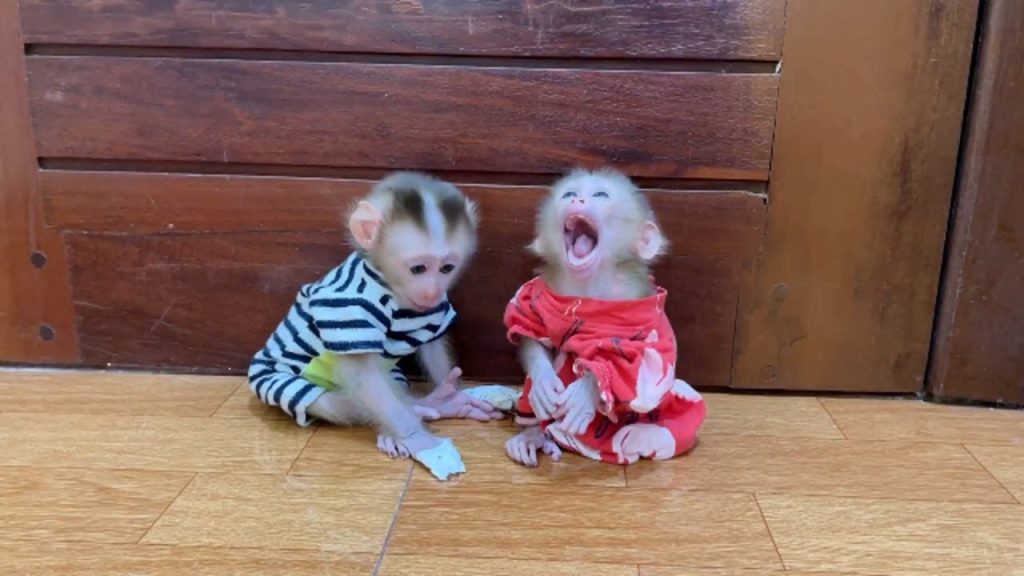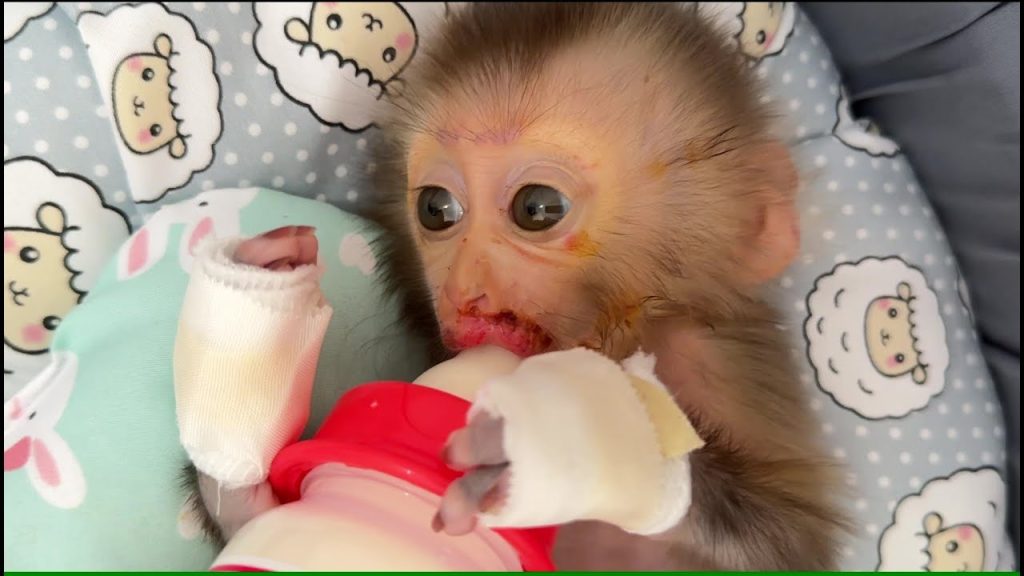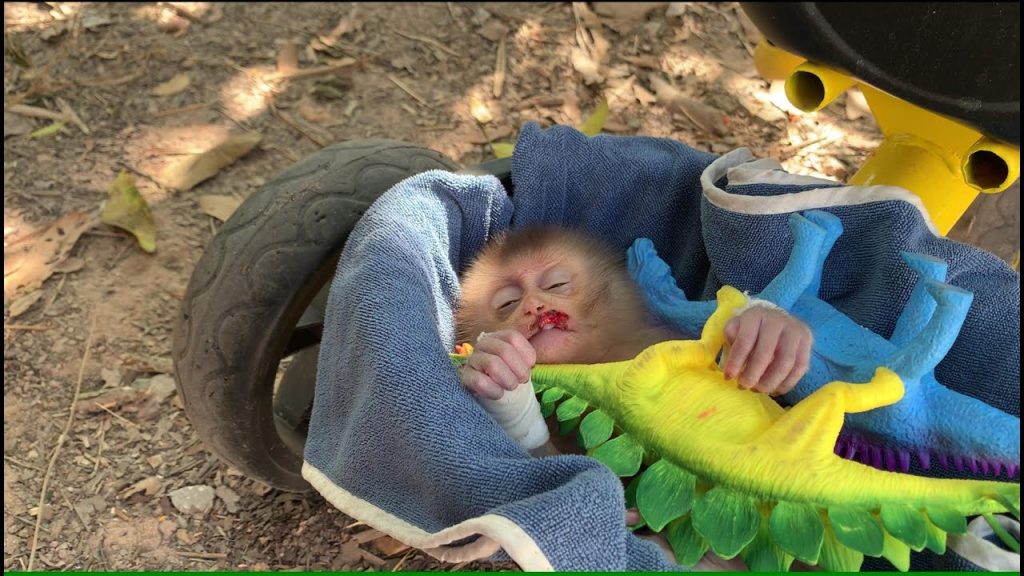
There are moments in which the smallest life, even one we barely pause to notice in ordinary time, becomes the moral mirror in which our species is seen. A newborn animal — defenseless, uncomprehending — embodies the absolute beginning of possibility. When it is placed in a hostile environment, such as the crude metal pan of a kitchen stove, the visual metaphor is immediate and devastating: what is gentle is placed in the center of what destroys. This is not merely about one animal. It is about what human hands choose to do with power.
Power is normally invisible. It is the background condition of adult agency. One person lifts, moves, elects, controls, decides. The newborn cannot even return a gesture. It has no language, no vote, no choice. Its safety is always borrowed. And thus there is a profound asymmetry between infant life and the hands that hold it. When a tiny primate, whose biology sits so closely to our own, is subjected to danger for curiosity, spectacle, or cruelty, the ethical weight becomes unbearable.
Our civilization often judges itself by its technologies, its markets, and its scale. But all of those are abstractions. The real sentence of judgment is written by how we treat the vulnerable. When harm is inflicted on the body that has only just entered the world, we reveal something harsh about our species: that our capacity for imagination can be misdirected into domination instead of stewardship.
To reverse this — to reject any casualness toward suffering — is not sentimentalism. It is accountability. It is a sober recognition that every fragile living being is a test. The first duty of those with strength is to prevent harm where harm can be prevented. The infant animal, trembling and unknowing, is not merely a character in an image. It is evidence. And it is accusation.
If we are to be worthy of calling ourselves moral adults, we must ensure that our power never becomes the fire beneath another being’s helpless body.
Because in the end, the world remembers us by how we treated what could not defend itself.


